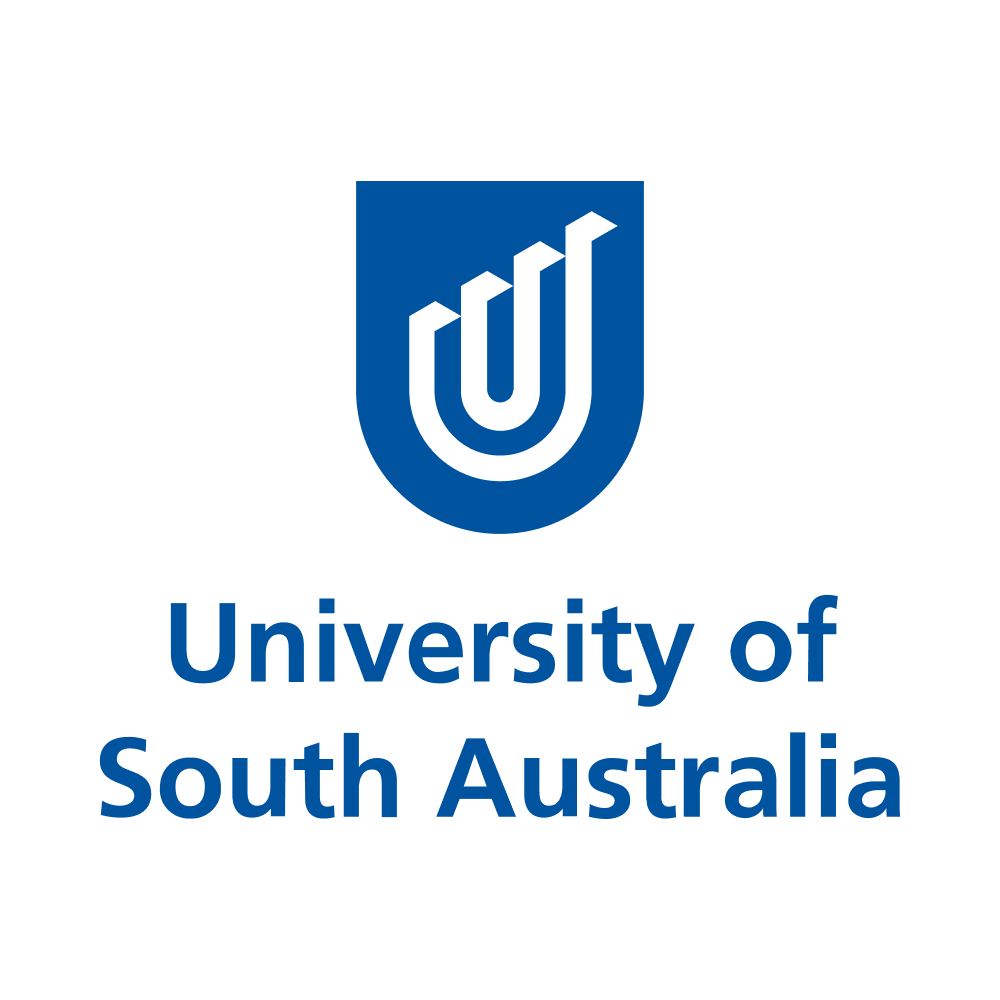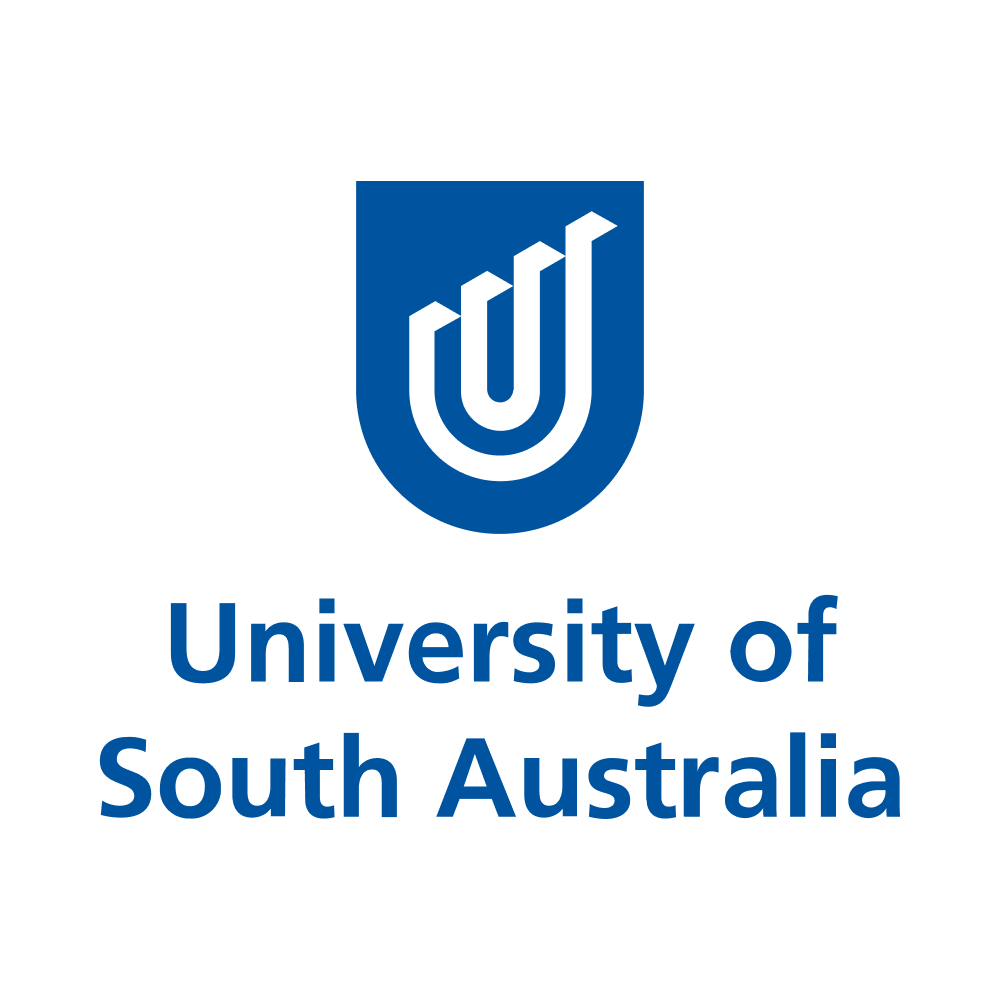University of South Australia
Graduate Certificate in Engineering (Engineering Management)
- Delivery: Face to Face
- Study Level: Postgraduate
- Duration: 6 months
- Course Type: Graduate Certificate
Taught by world-class lecturers and researchers, this graduate certificate will get you up to speed with the latest practices in engineering operations management.

Course overview
The Graduate Certificate in Engineering (Engineering Management) will help you develop fundamental skills of engineering management with learning principles of project management as a core course and choose three electives from a range of courses in quality management, leadership, human resource management, engineering economic analysis, intelligent production systems, robotics and automation, research data analysis and others.
For each course you study, you will need to allocate time for various classes such as lectures, tutorials, workshops, seminars and practicals. Plus you will need additional hours to study in your own time to complete assignments, readings and projects, as well as to contribute to online discussion forums. So as a general rule, if you are studying full-time you would need to allocate 12-26 hours of study when at university and 14-28 hours of independent study per week.
CSP Subsidised Fees Available
This program has a limited quota of Commonwealth Supported Places (CSP). The indicative CSP price is calculated based on first year fees for EFT. The actual fee may vary if there are choices in electives or majors.
Key facts
What you will study
To complete the Graduate Certificate in Engineering (Engineering Management), you must take four courses, each worth 4.5 units.
- Principles of Project Management
Select one from the following courses:
- Total Quality Management
- Research Data Analysis
- Engineering Economic Analysis
- People, Leadership and Performance
- Intelligent Production Systems
- Sustainable Development and Design Practice
Entry Requirements
Applicants must have one of the following:
- Applicants are required to have a completed bachelor's degree qualification in engineering, science or technology, or equivalent from a recognised higher education institution.
- Any bachelor's degree from a recognised higher education institution and at least three years of relevant work experience.
- A diploma in engineering, science, or technology from a recognised higher education institution and at least three years of relevant work experience are required.
Relevant Work Experience
Applicants should have three years work experience that includes project experience in a field related to Engineering, Science or Technology.
Recognition of Prior Learning
Credit transfer (study credit) is the formal recognition of your prior learning and previous work/life experience. It can be granted for specific courses (subjects) or for a block of courses where your previous qualification or experience has equivalent learning.
So, what counts as prior learning? It can be from one of the following providers:
- Recognised higher education provider.
- TAFE or other recognised VET provider.
- A professional body, enterprise, private educational institution, or other similar body.
- Work experience.
Contact the university for more information.
Outcomes
Career Outcomes
Engineering professionals find employment in engineering consulting firms, construction companies and local, state and federal government. Careers to consider:
- Energy Manager: monitoring and reducing energy usage; understanding where and how energy is used; highlight energy reduction across business, projects and work sites.
- Quality Assurance Manager: working with management and staff to establish procedures and quality standards and to monitor these against agreed targets; writing management and technical reports; determining training needs; promoting change and improvement in performance and quality.
- Engineering Business Development Manager: developing and maintaining excellent client relationships; working with new and existing clients to create new business and identify new markets; proposing business ventures; providing project details; writing business proposals; meeting business revenue targets.
Fees and CSP
Estimated annual fee in 2025: $4,657 (domestic full-fee paying place)
The estimated fee is based on 0.5 EFTSL (Equivalent Full-Time Study Load).
Student fees may vary in accordance with:
- The number of units studied per term.
- The choice of major or specialisation.
- Choice of units.
- Credit from previous study or work experience.
- Eligibility for government-funded loans.
Student fees shown are subject to change. Contact the university directly to confirm.
Commonwealth Supported Places
The Australian Government allocates a certain number of CSPs to the universities each year, which are then distributed to students based on merit.
If you're a Commonwealth Supported Student (CSS), you'll only need to pay a portion of your tuition fees. This is known as the student contribution amount – the balance once the government subsidy is applied. This means your costs are much lower.
Limited CSP spaces are offered to students enrolled in selected postgraduate courses.
Your student contribution amount is:
- Calculated per unit you're enrolled in.
- Depending on the study areas they relate to.
- Reviewed and adjusted each year.
HECS-HELP loans are available to CSP students to pay the student contribution amount.









